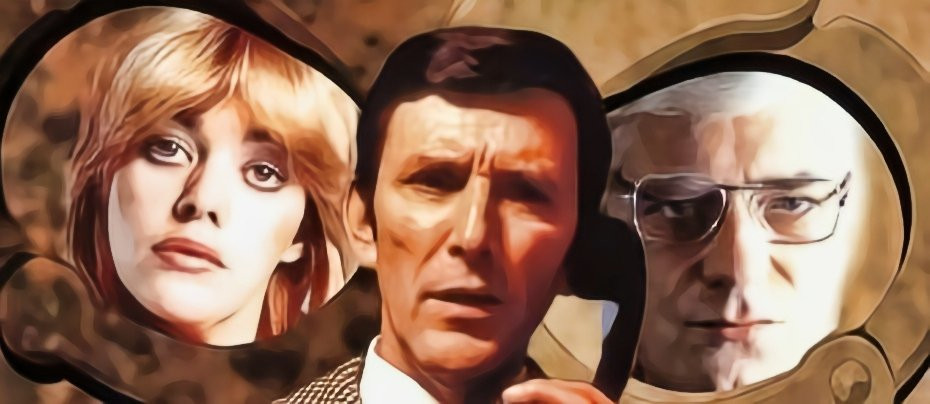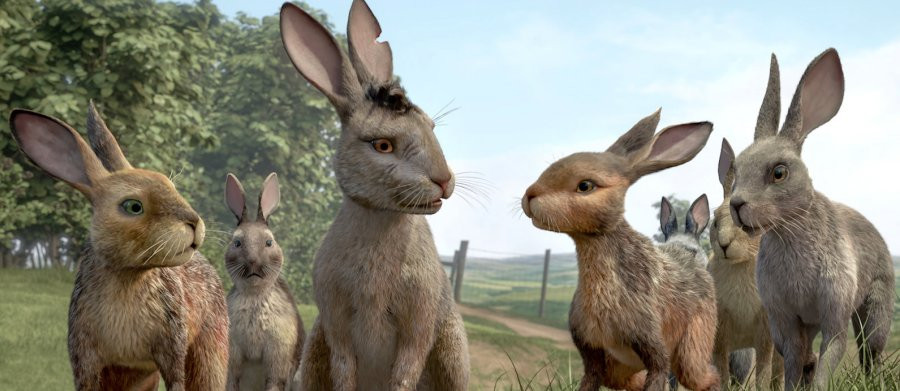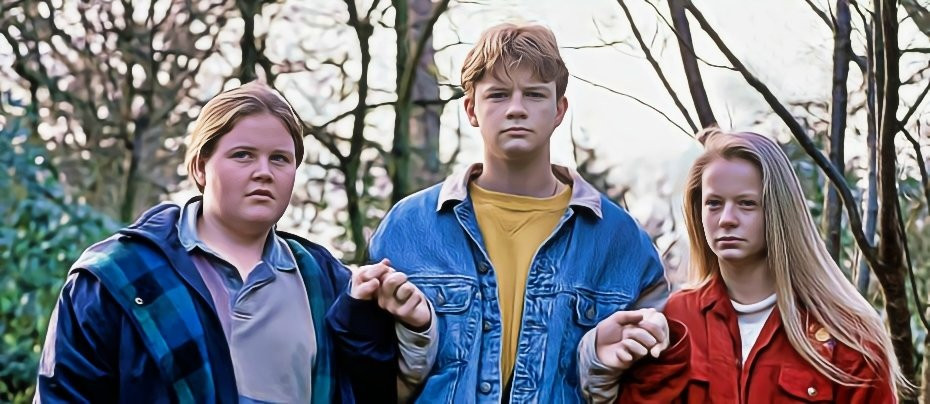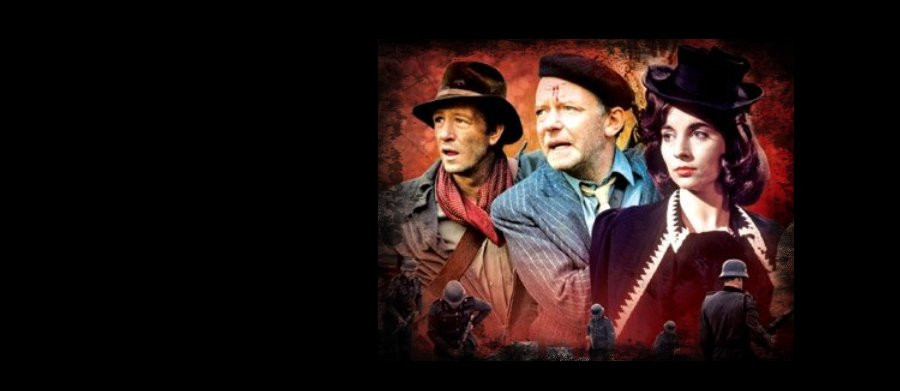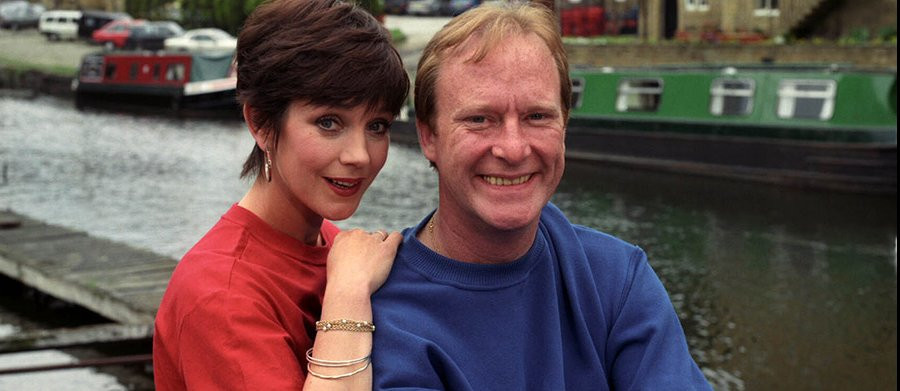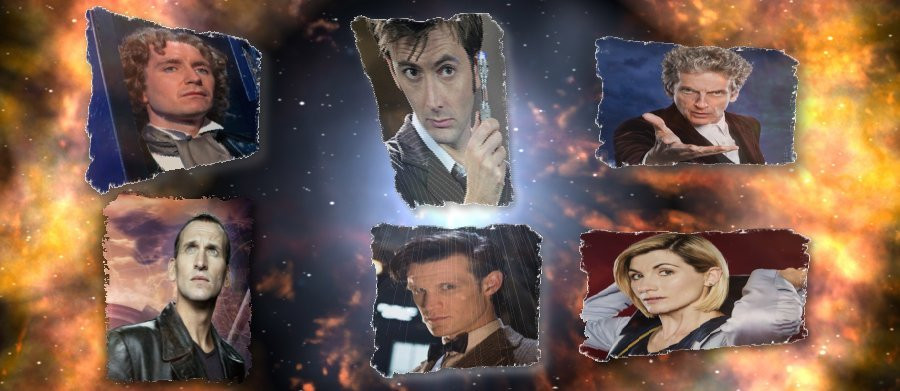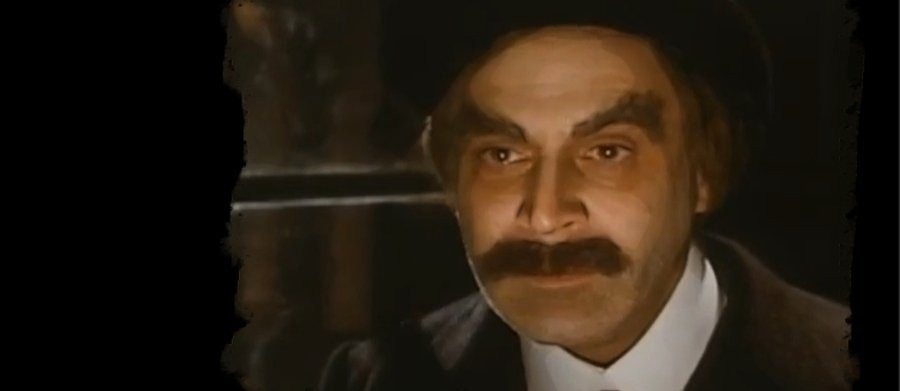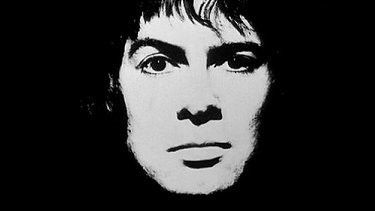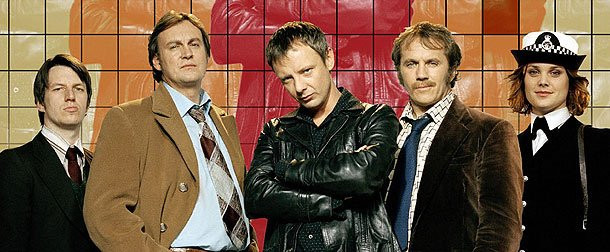
The Cloning of Joanna May
1992 - United KingdomCarl May (the director of a nuclear energy corporation) and his wife Joanna were once seen as the dream couple. He worshiped her, "she was like a goddess to me - purity personified," until she had a casual affair with a younger man and Carl, consumed by jealousy and bitterness, arranged for her lover to be murdered in an apparent 'accident'.
Now, ten years after their divorce, Joanna is still obsessively in love with her ex-husband, despite the fact in the early years of their marriage he pressurised her into having an abortion and has since done everything in his power to make her life difficult. "Loving Carl I lost my identity, I lost myself and I lost a child too." For a number of years, she has hired a private detective to spy on Carl and she eventually discovers that what she was experiencing years ago was a phantom pregnancy and the abortion didn't actually happen.
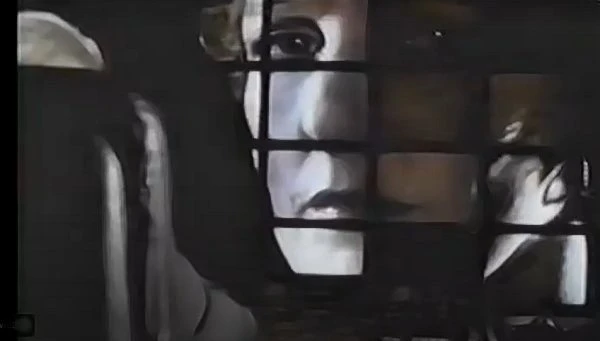
At the end of her tether, Joanna goes to visit Carl only to discover a far more shocking revelation. During the sham abortion, her wealthy self-centred monster of a husband had actually paid a doctor to take samples of her DNA to genetically engineer clones of her. “I cloned you - I made four of you, four embryos waiting to go into four waiting wombs. Four little queens. Sad to say we lost one. But three survived.” Carl has managed to console himself in the meantime by taking up with Bethany, a much younger girl who is most likely only keeping him…um, company, until the day he selects his new life partner.
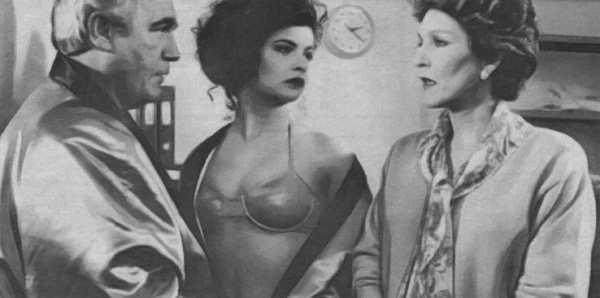
Carl’s plan was to wait until the clones reached maturity, and now that they have, he invites them all to a gathering and announces that he will be picking one of them as his bride to replace Joanna. When Joanna realises his plan, she sets out to find the clones, now young independent women. Carl's plans backfire when the clones meet their "mother" prompting Carl to tell them, “You’re all chips off the old block, and the old block was rotten.”
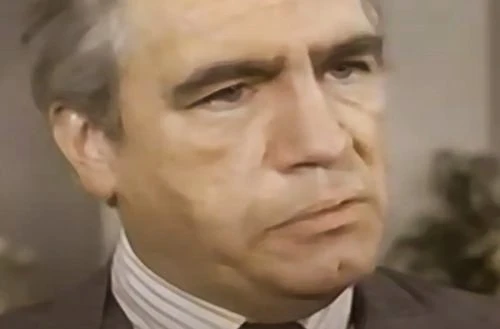
The Cloning of Joanna May is a darkly compelling 1989 science fiction novel by the prolific author, essayist and playwright Fay Weldon. In 1992, Granada Television produced a two-part serialisation that Weldon herself felt was an even stronger piece of fiction than her original. The production saw the reuniting of the successful team behind the series The Life and Loves of a She Devil - of writer Ted Whitehead, director Philip Saville, producer Sally Head and actress Patricia Hodge (in this case as Joanna). Wheldon felt that Whitehead's screenplay treated some essentially strong issues in an ironic way, providing additional black humour. Brian Cox was cast as Carl and the supporting cast included Billie Whitelaw as the whiskey-swilling private detective and Peter Capaldi as a doomed lover. Played by Siri Neal, Bethany, according to Philip Saville, had to be 'incredibly assertive with a youthful energy and a combination of intellect plus the bimbo factor.’ (Despite their age differences - Cox (45), and Neal (20), began a real-life relationship during the filming which lasted for several years). Emma Hardy, Helen Adie and Laura Eddy played the clones (although in the original novel there were four).

Weldon's novel was inspired by a newspaper article which claimed that the cloning of a human was now possible but would be unlikely to ever happen as there would be no call for it. “Why isn't there a call for it?”, she pondered. "Of course it will happen and may have already", she told Dominic May from the magazine TV Zone in 1992. "I don't see why people shouldn't breed brains and beauty. People are much happier if they are bright and beautiful" she controversially said.
The character of Carl could easily have been written as a controlling and thoughtless narcissistic individual who was thoroughly toxic. But Wheldon had created a back story for him that, in the very least, attempted to explain his self-obsessed nature. Brought to the UK as a boy from eastern Europe and abused by foster parents to the point where he was kept in a cage next to a dog, Carl was only freed when the foster parents were arrested for cruelty to animals. Nobody cared about him as a boy, and as a result he cares nothing for others. Brian Cox found the character to be "one of those gifts from an actor's point of view - black, funny, ironic, eccentric. Ted Whitehead accentuated his maleness and chauvinism. It was a funny, camp, marvellous part to play heightened baroque."
Joanna is shown at times in an equally unsympathetic light, disconsolately bemoaning about the aging process and declaring that "personally, I expected to live forever frozen in time, aged about 30", and when she discovers the existence of her clones, she insistently declares that if the clones "belong to anyone, they belong to me. They’re clones of me. I want them, I need them, they’re mine!"
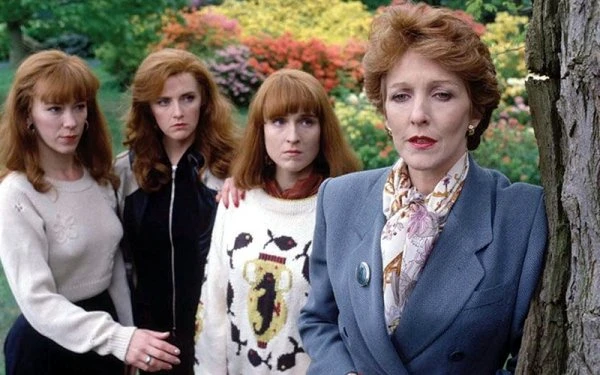
Originally, the part of Joanna was written for a woman around 60 years of age, the clones being around thirty. Philip Saville offered the role to Elizabeth Taylor, but she turned it down. After that it was decided to make Joanna mid-to-late forties. The clones didn't have to look like Joanna as in the original novel they are described as hardly alike. This put paid to an earlier idea of having Patricia Hodge play all four roles. However, Saville wanted them to have some resemblance to each other and ultimately this was achieved quite simply by having them all as redheads.
The two-part fantasy thriller, shown in January 1992, lead ITV's new £130 million winter schedule. It received ample coverage in the press with Granada’s publicity department no doubt working overtime to push it, which led to the press dubbing Cox as “the clone ranger” and the series itself as “send in the clones.” The first episode achieved what today would be a very healthy viewership of 10.40 million but that figure in 1992 only managed to place it as 25th in the ITV schedule for that week just in front of News at Ten. How times have changed.
The Aberdeen Evening News described the series as 'all jam-packed with promiscuity and general hanky panky, yet all imbued with a loftiness at complete odds with the content,’ whilst another reviewer found it, ‘never less than watchable, thanks largely to the performances of Cox and Hodge and the direction of Saville’.
Seen this show? How do you rate it?
Seen this show? How do you rate it?
Published on February 16th, 2023. Written by Laurence Marcus for Television Heaven.


